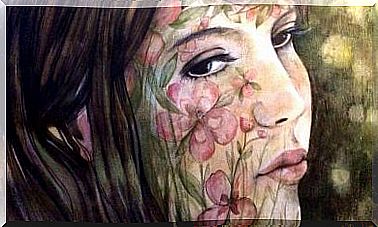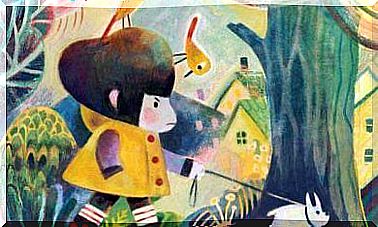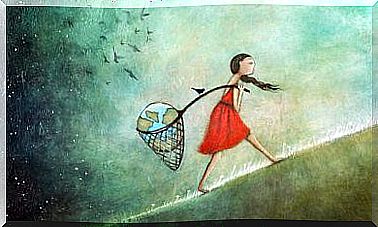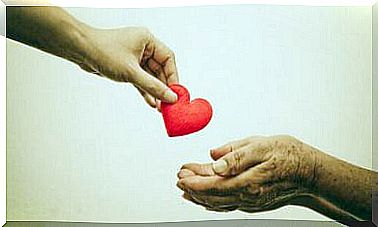Paradox Of Happiness: What Is It?

Palora happiness is one of the most used in the world. In today’s culture it represents the goal of many people. But that wasn’t always the case. In past ages the vital purpose was related to virtue, lineage or property. In the modern era, however, the paradox of happiness plays a significant role.
The paradox of happiness is that we all want to be happy; however, if we are asked what happiness is, we can hardly define it. If we ask ourselves why we want to be happy, we will most likely respond with silence or hesitation. Apparently, the answer should be obvious …
If we want to continue to complicate our lives, we could ask ourselves a third question: how is happiness achieved? Here many answers could arise according to the wishes of each person. We would talk above all about objectives concerning the profession, success and serenity in love, but we would not be able to concretely define the happiness we seek or what we expect to happen once it is achieved.
In summary, we live in an age in which almost all of us are looking for happiness, but most do not know what it is or why they want it and have only mere doubts about the path that must be taken to achieve it. This is the great paradox of happiness.

The paradox of happiness and dissatisfaction
Dr. Iris B. Mauss, a professor at the University of Denver, has completed two studies to provide some clarification on the matter. The results of these studies are truly disconcerting and illustrate the concept of the happiness paradox.
In the first study, an analysis was carried out on three aspects:
- The degree of importance each person attaches to happiness;
- The external conditions in which the participants lived, that is, the social and professional status, the satisfaction of basic needs, etc.
- The relationship between good external conditions and the feeling of happiness.
The result was that people who placed great value on happiness felt more dissatisfied, despite living in excellent conditions. Those who were more neutral or who did not give much importance to the pursuit of happiness, on the other hand, felt more satisfied; it also applied to people living in more difficult life circumstances. Such conclusions show the essence of the happiness paradox.

Happiness and loneliness
In a second experiment conducted at the same university something similar to the previous one was done. However, in this case, satisfaction was not analyzed, but how loneliness was experienced by those who gave great importance to happiness and those who did not.
The result was similar to that of the first study. Those who pursued happiness intensely felt more alone, while those who did not attach so much importance to this goal did not experience this feeling. That is to say, they did not feel particularly alone.
The bottom line is that those who are anxiously looking for happiness focus too much on themselves. Their pursuit of goals and success breaks their bond with others. This intensifies the feeling of loneliness. And once again the paradox of happiness occurs.

The coordinates of happiness
Interesting conclusions can be extrapolated from these studies. The first, and perhaps most important, is that external goals are not a source of true happiness. For this reason, many people when they get something they wanted a lot, after a short satisfaction they feel a malaise that leads them to set a new goal, giving life to an endless cycle.
Happiness, therefore, is a process that takes place within us. A reality that only partially has to do with external successes. Perhaps many are tirelessly seeking that happiness with the secret desire to put an end to the “eternal” dissatisfaction that lives within them. They do not realize that the heaven they seek or the hell they flee from resides within them and not outside.
On the other hand, studies lead us to conclude that the idealization of the concept of happiness involves only frustration. Those who accept that what we call happiness is only a part of life can feel calmer and more satisfied. Desiring a permanent state of happiness is not feasible since such aspiration is exactly the first condition for which it does not occur. This does not help us to accept reality as it is more easily, but rather causes us to often feel dissatisfied.
What we vaguely call happiness, that feeling of joy and fullness, only shows up at certain times. Either way, it is easier for it to visit us when we choose to be the best version of ourselves.









